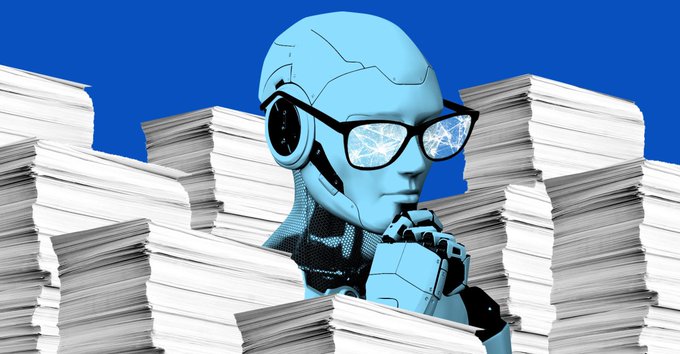China Shuts Down AI Tools During College Exams to Prevent Cheating
As the pressure builds during China’s nationwide college entrance exams, known as the gaokao, authorities have taken a unique step to maintain fairness—China shuts down AI tools during college exams. Popular AI applications from major tech firms like Alibaba and ByteDance have temporarily disabled features such as image recognition that could be exploited by students to cheat. This move highlights the growing challenge of managing AI technology during high-stakes educational assessments.
Why China Shuts Down AI Tools During College Exams
With over 13 million students competing for limited university placements, cheating prevention is a top priority. Devices like phones and laptops are already banned in exam halls, but AI-powered chatbots and image recognition tools pose a new threat. To counter this, AI providers including Alibaba’s Qwen, ByteDance’s Doubao, Tencent’s Yuanbao, and Moonshot’s Kimi have suspended specific functionalities during the exam period. These measures are designed to ensure that students do not use AI to get unfair assistance, especially when these tools can interpret and respond to exam questions instantly.
The Rising Concern of AI-Assisted Cheating Worldwide
The move by China reflects a global issue as AI technology becomes more accessible and sophisticated. Students worldwide have begun exploiting chatbots and other AI systems to bypass traditional study methods. In response, some U.S. universities are returning to paper exams to limit digital cheating. The widespread availability of AI demands new strategies from educators and governments to preserve academic integrity. China’s temporary AI restrictions during the gaokao provide a notable example of proactive measures to uphold fairness in exams.
What This Means for the Future of AI in Education
The temporary shutdown of AI features during the gaokao demonstrates how governments and companies must work together to address AI’s double-edged nature. While AI offers incredible learning opportunities, it also creates loopholes that can undermine the education system. This incident is a reminder that AI development should include safeguards, especially when fairness and trust are at stake. Looking ahead, China and other nations may introduce stricter regulations and technology controls during exams to balance innovation with integrity.

